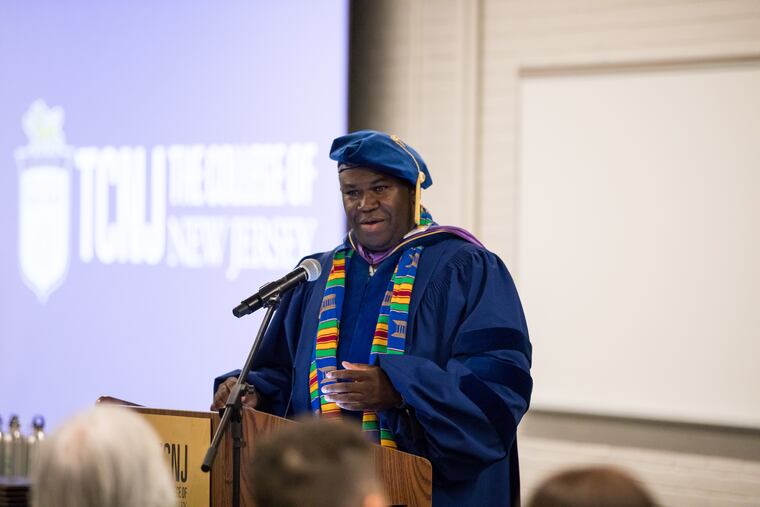As an immigrant and scholar, I’ve seen how cultural change defines America | Perspective
Growing up in London, I longed to be in America. Now I long for America not to abandon inclusive ideals.

When I was growing up, I often looked to the United States as a beacon of hope for expanding my cultural horizon. My experience in London, where I had moved from Jamaica in the late 1980s, was marked by naked racism, like a white boy calling me the N-word as he passed me on a staircase. Even though I had been living in England, I was told I could never be English.
So, I longed to be in America.
In my mind, the United States was this vibrant, multicultural society where everyone was welcomed to come and make their way.
And I did eventually make it to Philadelphia, in 2004, for a job as a professor at a local university, studying, in part, cross-cultural communication and migration.
When I arrived, Philadelphia encapsulated so much of what I dreamed about the United States. An energetic city of many cultures, languages, and ethnicities, where I met people from all over the world.
A year after I moved here, National Geographic named Philly the Next Great City — with good reason. Diverse cities like Philadelphia tend to have innovative economies driven by an infusion of arts, culture, and creative industries.
And we need this energy. As a country, our birthrate is slowing. Our problem is not that we have too many bodies in this country. It is, the data show, that we have too few to fill the jobs we will need.
And yet, President Trump and some of his supporters tell would-be migrants: America is full. There is no more room here — not even for, say, families facing medical emergencies. The administration recently ended a program that allowed undocumented people to stay in the United States to receive lifesaving care.
I have had many reasons recently to reflect on what it means to be an immigrant — and now a citizen — in the United States for nearly 30 years. Unlike London in the 1980s, here I can speak with a distinctive Jamaican accent and still be considered American.
Being an American, to me, is fundamentally an idea, a way of seeing the world. An imperfect country, America is still exceptional in its ideals that, when acted upon, recognize the fundamental dignity of individual human beings and their right to live as they choose and to pursue their passion. This creed gets renewed each time we welcome a new migrant as a citizen.
Migration is not a criminal act, even if some people want to cast migrants as “illegals.”
The definition of borders, and who may cross them, is where the desperate needs of migrants meet the realities of how a nation decides to define its culture. National cultures have always been and will continue to be a negotiation. They are, to some extent, imagined communities, where people tell each other myths about their founding and the past — myths like America has always been a predominantly white country.
America has never been an exclusively white, European culture. As American historian Ron Takaki outlines in his book A Different Mirror, the very definition of who can claim to be white has long been contested among European immigrants. But the anxiety about living in a country that is becoming much more diverse, with no clear racial or cultural majority, gives calculating politicians the fodder to scare people about a changing cultural reality.
Cultural change can be disconcerting, but there are ways to acknowledge and address this as a matter of public policy. A lot of our best research tells us that facilitating the thoughtful assimilation of new migrants into a welcoming host culture can lead to the best outcomes. This does not mean completely giving up one’s native culture once here, but it does mean engaging with the new culture in ways that inevitably change both the migrant and that culture.
Cities like Philadelphia, however imperfectly, can continue to be a beacon that models for the nation the thoughtful implementation of cultural change — a place where new immigrants continually arrive and create something new.
We can reduce our anxieties and fears about cultural change when we recognize it as a process that has defined the United States not just in recent years, but throughout our — and I mean our — history.
Maurice L. Hall, Ph.D. is dean and professor of communication at the School of Arts and Communication at The College of New Jersey.